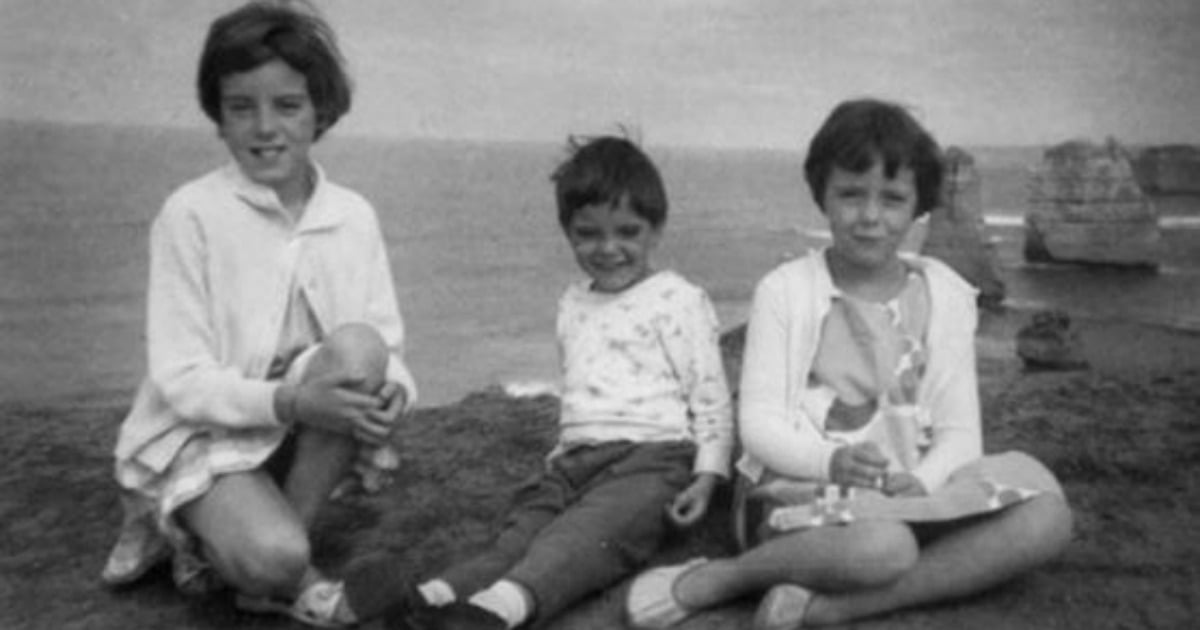Almost 52 years ago, three children went missing from an Adelaide beach, and so opened investigation that would become one of Australia’s most infamous cold cases.
Now, an investigation by an Australian news team may just lead to the case finally being solved.
On Australia Day in 1966, the Beaumont children – Jane, nine, Arnna, seven, and four-year-old Grant – left their parent’s nearby home to take the short bus ride to Glenelg Beach.

